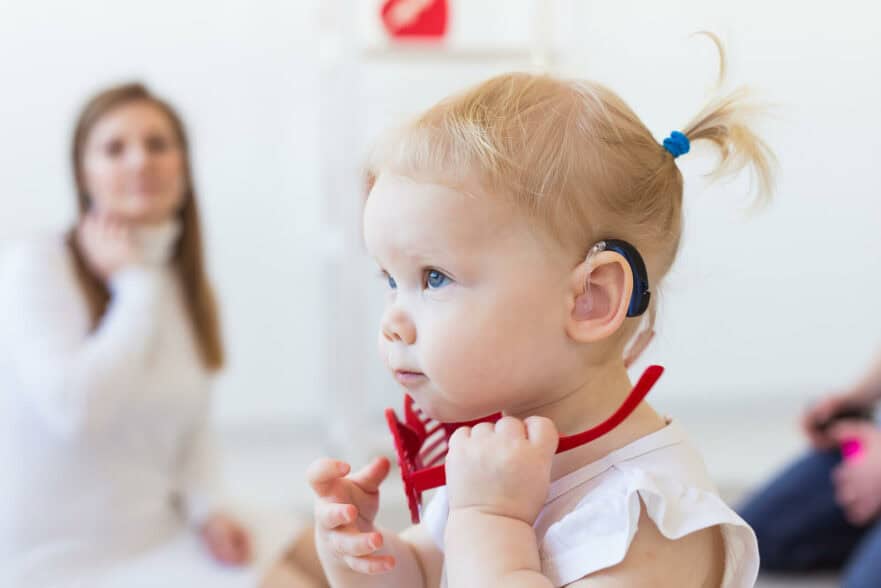Hearing is one of our most vital senses, connecting us to the world around us. Yet, many people take their hearing for granted until they start experiencing problems. Understanding when you should be concerned about hearing loss is crucial for maintaining your hearing health and overall well-being. In this post, we will explore the different stages of life and when to start being vigilant about hearing loss.
Understanding Hearing Loss
Hearing loss can affect anyone at any age. It occurs when there is a problem with one or more parts of the ear or with the nerve pathways that send sound signals to the brain. Hearing loss can range from mild to profound and can impact one or both ears. Recognizing the signs early can help prevent further deterioration and improve the quality of life.
Childhood and Adolescence
Hearing loss can be present at birth or develop later. Newborns are typically screened for hearing issues shortly after birth. If a problem is detected, early intervention is crucial. For older children and adolescents, regular hearing health exams are essential. Hearing problems in children can affect speech and language development, social skills, and academic performance. Parents and teachers should be aware of signs such as difficulty following conversations, frequent ear infections, and complaints of ringing in the ears.
Young Adulthood
Young adults, particularly those in their twenties and thirties, might not think much about hearing loss. However, this is a critical time to start taking preventive measures. Exposure to loud noises, such as concerts, loud music through headphones, and noisy workplaces, can lead to hearing damage. Wearing ear protection and limiting exposure to loud sounds can help preserve hearing. Regular hearing health exams are also recommended, especially if you notice any changes in your hearing ability.
Middle Age
Hearing loss becomes more common in middle age, typically starting in the forties and fifties. This type of hearing loss is often gradual and may go unnoticed at first. You might start asking people to repeat themselves more often, or you may struggle to hear in noisy environments. It’s essential to pay attention to these signs and schedule a hearing health exam if you experience any symptoms. Early detection can help you manage hearing loss effectively and maintain your quality of life.
Seniors and the Elderly
Hearing loss is prevalent among seniors, with a significant increase in incidence after the age of sixty-five. Age-related hearing loss, known as presbycusis, affects both ears and is usually caused by changes in the inner ear or auditory nerve. Seniors with hearing loss may have difficulty understanding conversations, especially in noisy settings, and may withdraw from social activities as a result. Regular hearing health exams are crucial for seniors to ensure they receive the necessary support, such as hearing aids, to stay connected with family and friends.
Taking Action
Regardless of your age, if you notice any signs of hearing loss, it’s important to take action promptly. Here are some steps you can take:
- Schedule a Hearing Health Exam: Regular check-ups with a provider can help detect hearing loss early and provide appropriate interventions.
- Protect Your Ears: Use ear protection in noisy environments, limit the volume on personal audio devices, and take breaks from loud sounds.
- Stay Informed: Educate yourself about the risks of hearing loss and the available treatment options.
- Communicate: Let your family and friends know about your hearing concerns so they can support you.
Hearing loss can occur at any age, but being aware of the risks and taking proactive steps can help protect your hearing health. From childhood to old age, regular hearing health exams, protective measures, and early intervention are key to maintaining good hearing. Don’t wait for symptoms to become severe—take action today to ensure a lifetime of good hearing.

